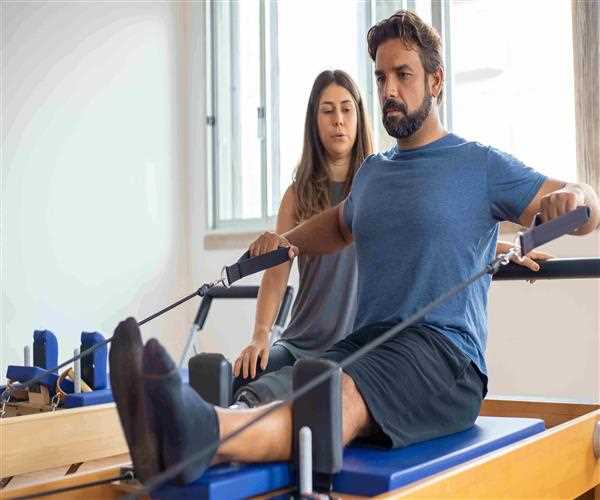Physiotherapy isn't just for exceptional athletes or those recuperating from injuries. It can help you enhance your health in a variety of ways. Here are five indicators that you could benefit from physiotherapy.
1. You've lost your equilibrium.
Inner ear problems might cause you to lose your sense of balance. Your ear's structures are an important aspect of your body's balancing system (known as the vestibular system). Any ailment or disorder affecting the inner ear can cause many health problems such as dizziness, vertigo, and balance disruption, which can be very difficult to deal with. These symptoms can be treated with a physiotherapy technique called vestibular rehabilitation. A physiotherapist can develop a sequence of the head, neck, and eye exercises to assist retrain your nervous system to adapt to inner ear abnormalities after examining your unique needs. Vestibular rehabilitation can be utilized as a stand-alone treatment or in conjunction with surgery for inner ear problems.
2. You experience discomfort at your workplace.
When you sit at your computer all day, it is typical to have pain. This might seem like a backache or a headache, for example. Our bodies want mobility, and being in one position for long periods can cause muscle and joint tension, resulting in discomfort. Take regular breaks from your work, even if it's merely to stretch or walkabout.
3. You're in continual discomfort
When you have an injury, you should anticipate having some discomfort, which should subside as the body heals. If you've ever sprained your ankle, you'd anticipate it to pain and make you limp for a few weeks at the very least. The discomfort should subside as the ligaments mend, and you should be back to normal. However, occasionally the discomfort does not go away and becomes persistent. This is especially frequent with lower back and neck discomfort, and it can be caused by a variety of circumstances.
Physiotherapists can help you analyze the problem and develop an exercise and rehabilitation plan that will alleviate your pain and bring you back to your best.
Pain management may involve pain education, massage, manipulation, and exercises to help you properly support your injured body part and avoid further injury.
4. You're not as mobile as you once were.
If you've observed that you're not as flexible or that movement isn't as simple as it once was - for example, you can't touch your toes - you should consult a physiotherapist. Physiotherapists can evaluate the condition and prescribe a similar exercise to improve the need and relax the muscles, allowing you to gradually increase your flexibility.
5. You've started urinating frequently.
Urinary incontinence (the uncontrollable passage of urine) is quite widespread in the UK, with approximately three to 600 million people suffering from it. It affects more women than men and gets more prevalent as we age, but that doesn't mean we have had to live with it permanently.
Urinary incontinence is divided into two types: stress leakage and urge incontinence. When your urine is under strain, such as when you cough or sneeze, stress incontinence occurs. Need incontinence occurs when pee leaks during or shortly after a sudden, acute urge to pass urine. Many people have both of these problems.




Leave Comment